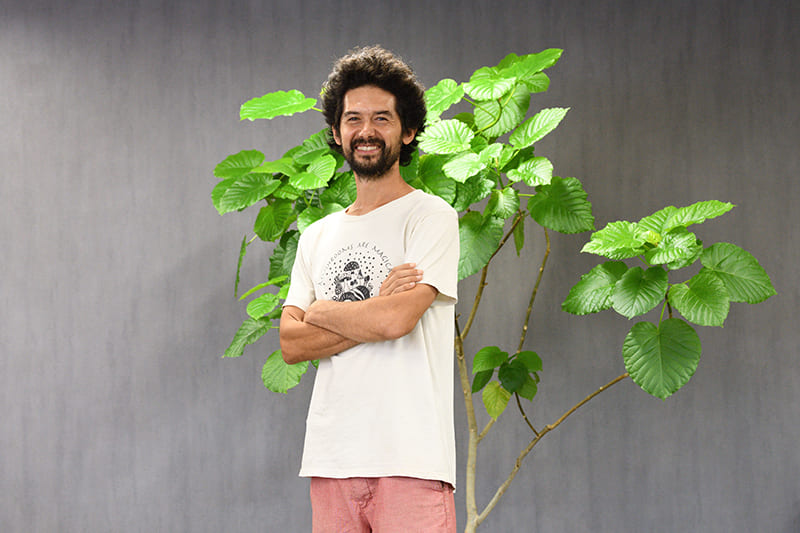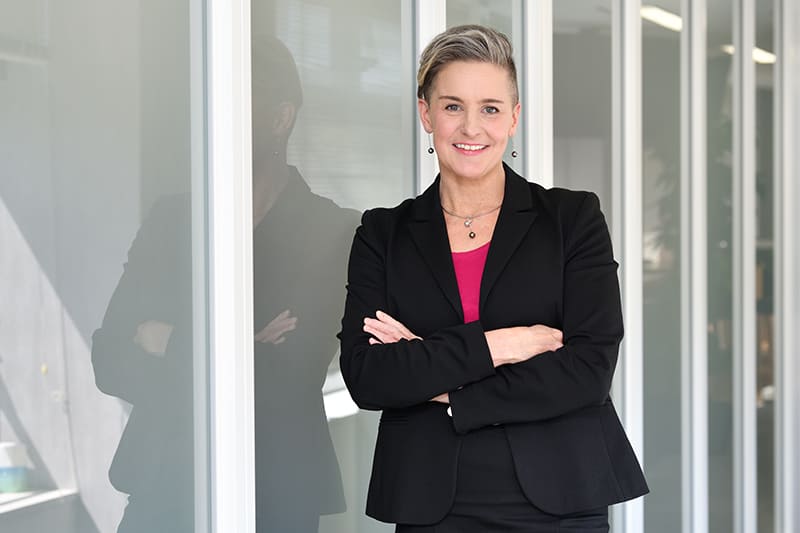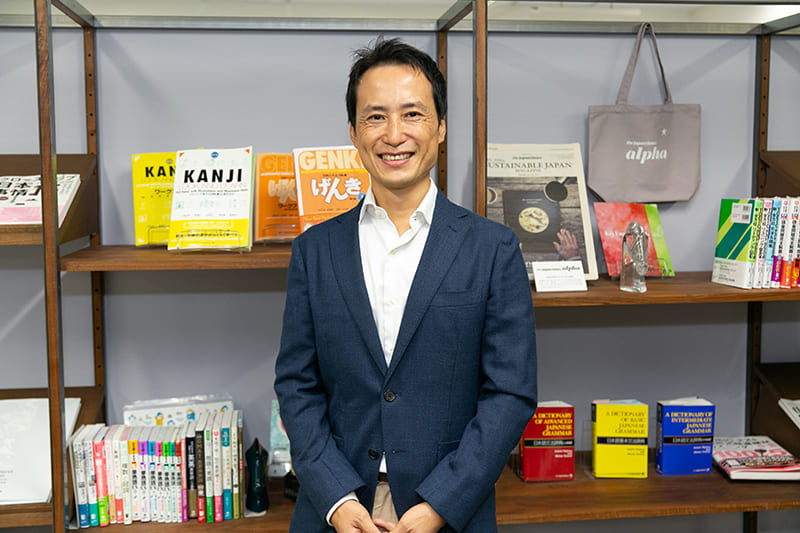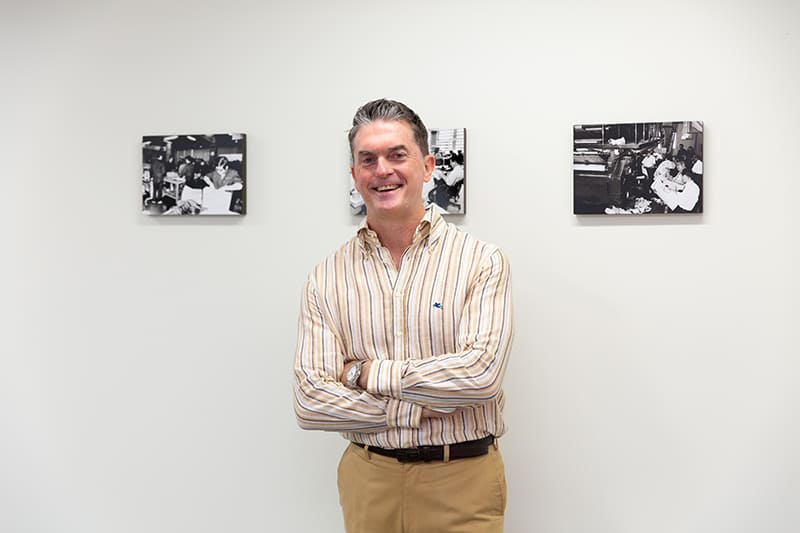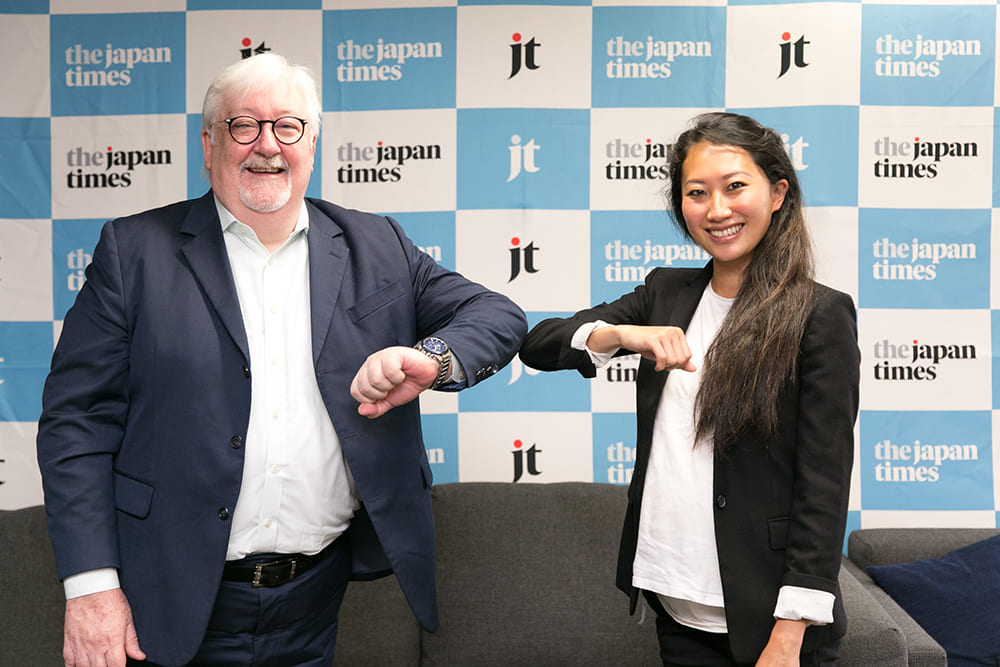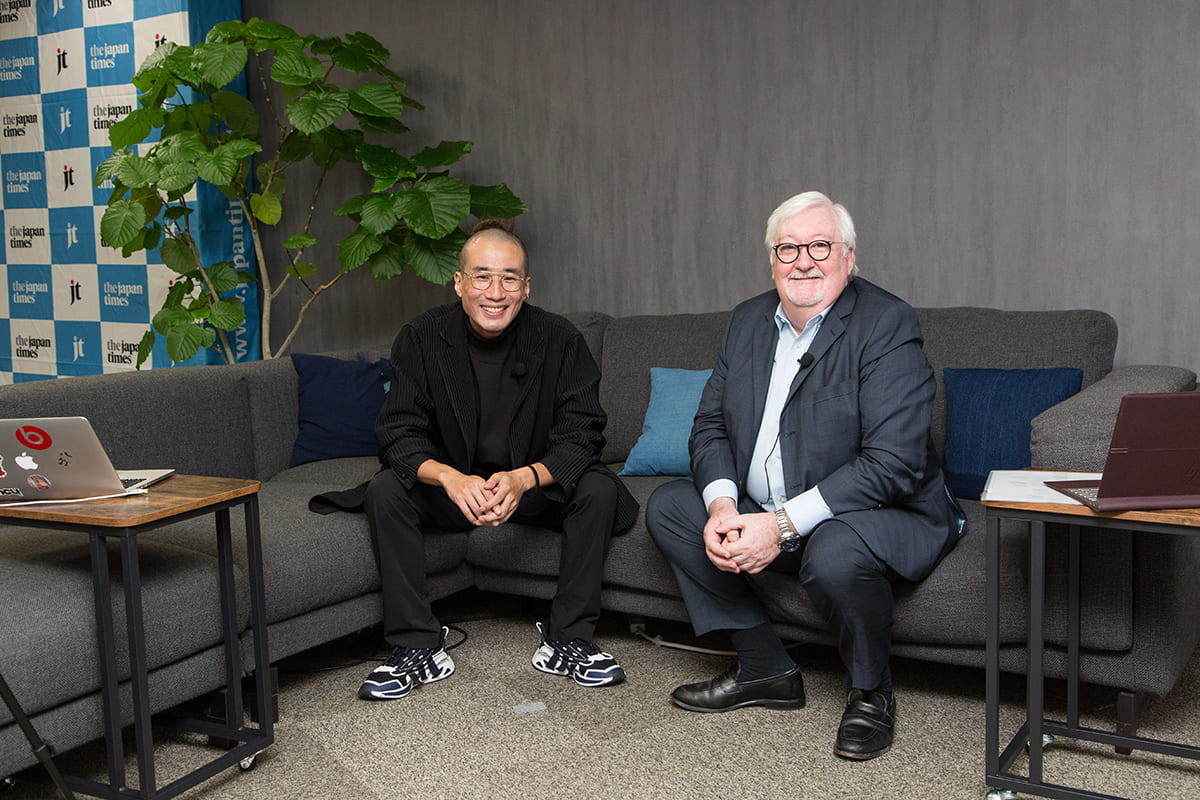March 29, 2024
Akiya & Inaka helps foreign buyers save empty houses
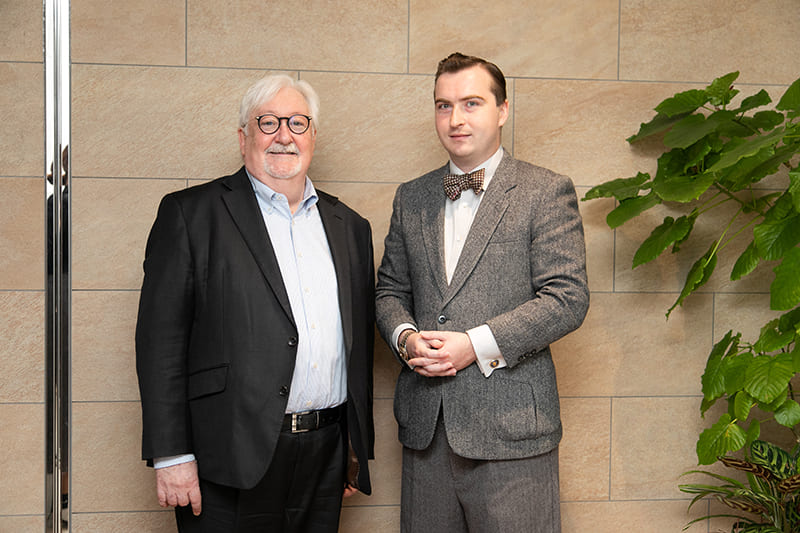
English-language media have featured stories about houses in Japan going for $500 or even being given away in recent years. However, Parker J. Allen, head of the real estate consultancy Akiya & Inaka, cautions overseas bargain hunters to check the condition of such houses before committing. Allen spoke with Ross Rowbury at the recent 38th iteration of Roundtable by The Japan Times about developments in the market for vacant or abandoned houses, called akiya, his journey to Japan as a teenager and his inspiration for wanting to contribute to rural revitalization here.
Millions of empty houses
Official figures released a few years ago put the number of abandoned houses at 8.5 million, but Allen says current estimates might be closer to 10 million or perhaps 12 million.
These houses, mostly in rural areas, generally have been inherited. Their owners, when they can be found, cite being unable to dispose of a family altar, being distrustful of renting or not wanting to pay for tearing down the structure as some of the reasons for leaving the homes completely untended.
The akiya phenomenon has been affected by broader issues such as Japan’s aging population and urban migration. According to Allen, it is anyone’s guess as to how many of these homes are even habitable. What is important is to make sure that the akiya that are still usable stay that way by having occupants who will take care of them.
“That’s a really important mission for us, because once you have an empty home, you’ve got a couple of years where it’s still pretty good, and then it starts to go down from there. The longer an akiya stays an akiya, the worse the condition gets, because who’s going to take care of a house they’re not using, and they (the owners) may or may not even go there. So if you don’t go to the property, you won’t notice that ‘Oh there’s a roof leak. Got to fix it. Oh, there’s termites. Got to do something about that.’ If that process doesn’t take place, then the problem will only get worse,” Allen said.
His company’s solution comes in the form of searching for and facilitating the purchase of akiya for foreign buyers who are either not in Japan or simply need help. Beyond that, he is simply looking to repay the country he fell in love with more than 17 years ago.
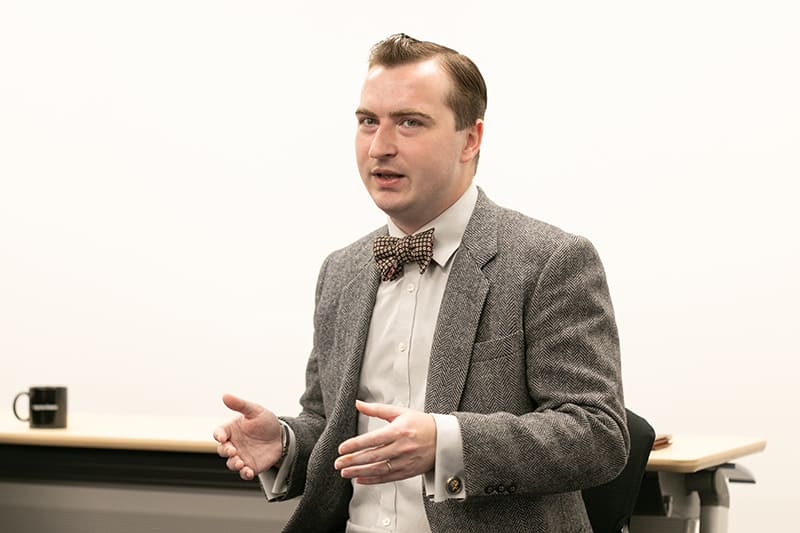
Special love for countryside
A high school exchange program first brought Allen from America to the Iwate city of Tono, which has a population of less than 30,000. He visited Japan a few more times before deciding to go to university here. He graduated from Sophia University in 2011, when the Great East Japan Earthquake triggered tsunamis that devastated several areas in the Tohoku region and led to nuclear meltdowns at the Fukushima No. 1 power plant.
“With that experience, I really felt that Japan was my home. A lot of people left Japan after the triple disaster, but I stayed in place because I thought I needed to do something about this. Fast forward to 2020, I finally found a way that I could do something to revitalize these communities that have hollowed out due to depopulation. And that is the genesis of Akiya & Inaka. Since August 2020, we have been working with people inside and outside of Japan, the international audience, to help them find, conduct due diligence on and then purchase rural Japanese real estate.”
His love for the countryside (inaka), which started in Tono, developed even further when he traveled around Japan by car as a 17-year-old. He says the countryside simply has an unmatched, almost mystical aura.
“And that’s not just one place in Japan. It’s all over Japan. After starting Akiya & Inaka and going to all these places across the countryside, I really started to get excited by the countryside. It’s my passion to go out and see these places across the countryside. And now that’s what excites me. I’ve lived in Tokyo for 17 years, but when it comes to pure living and experiencing Japan, the countryside has something that your metropolitan areas just don’t have. You can feel the history and feel this sort of spiritual power when you’re in the countryside,” Allen said.
Himself the owner of a home in rural Saitama, Allen admits, however, that despite the countryside’s charm, it doesn’t have enough employment opportunities. Added to that, romantic portrayals of city life in popular media contribute to people packing into urban centers like Tokyo. Together with neighboring prefectures from which many people commute to work in the capital, Tokyo accounts for about a fourth of the Japanese population. The silver lining, however, is that many foreigners find the Japanese countryside appealing and jump at the prospect of owning a home there.
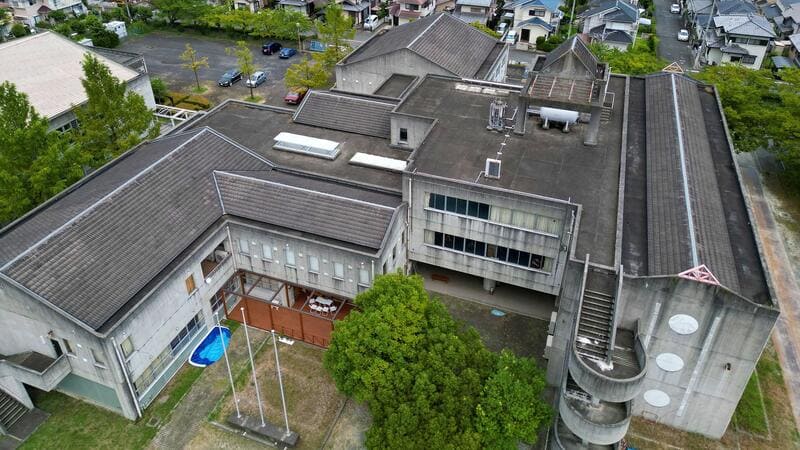
Selling peace of mind
Municipalities across Japan have set up akiya banks — lists of vacant homes that people can inquire about purchasing. Each municipality has its own bank, and the banks are not always online. For foreigners, particularly those outside Japan, it can be tricky navigating all of this in Japanese. Many akiya also require renovation before a buyer can move in. Akiya & Inaka handles all of this for its customers. And it takes things further by even advising clients which homes to buy or forgo and looking for signs of how welcoming a community might be. The primary service that Allen’s consultancy offers its clients is peace of mind.
“By and large, communities are very welcoming. They see these communities dying, they see people leaving, people not coming back. And a lot of the people who buy these houses want to be part of the community. There’s a language barrier, but it doesn’t matter because at the end of the day, if there’s people taking care of these houses, then this hollowing-out effect stops a little bit,” Allen said.
Still, Akiya & Inaka is looking for more ways to become part of the solution for depopulation and rural decline. The company has done presentations and seminars on its work with local governments across the country and hopes to engage private-sector players who are able to commit resources to addressing these issues. One ideal outcome of more discussion, Allen says, would be for municipalities and the central government to have an overflowing toolbox of ideas on how to approach these growing and complex problems. For now, Allen, a seasoned public relations practitioner, is heavily focused on getting the word out and becoming the catalyst for these necessary conversations.
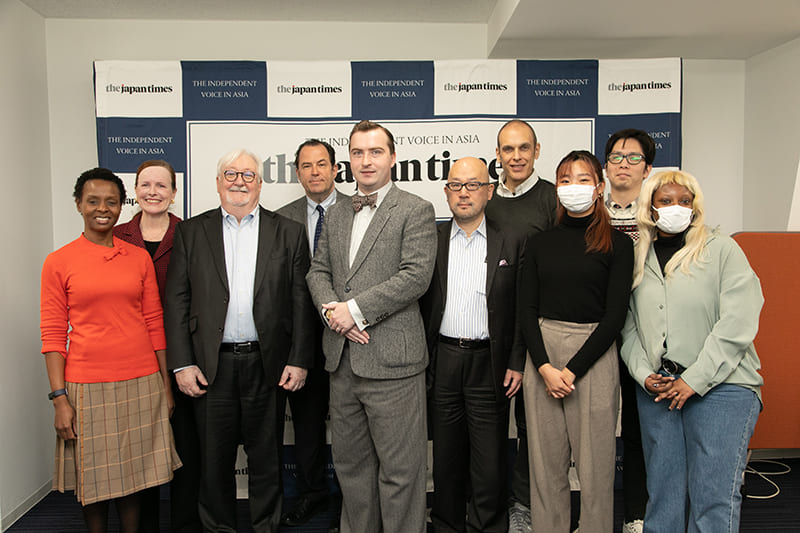
Roundtable is a monthly series of English-language events organized by The Japan Times Cube. For more information visit https://sustainable.japantimes.com/roundtable

